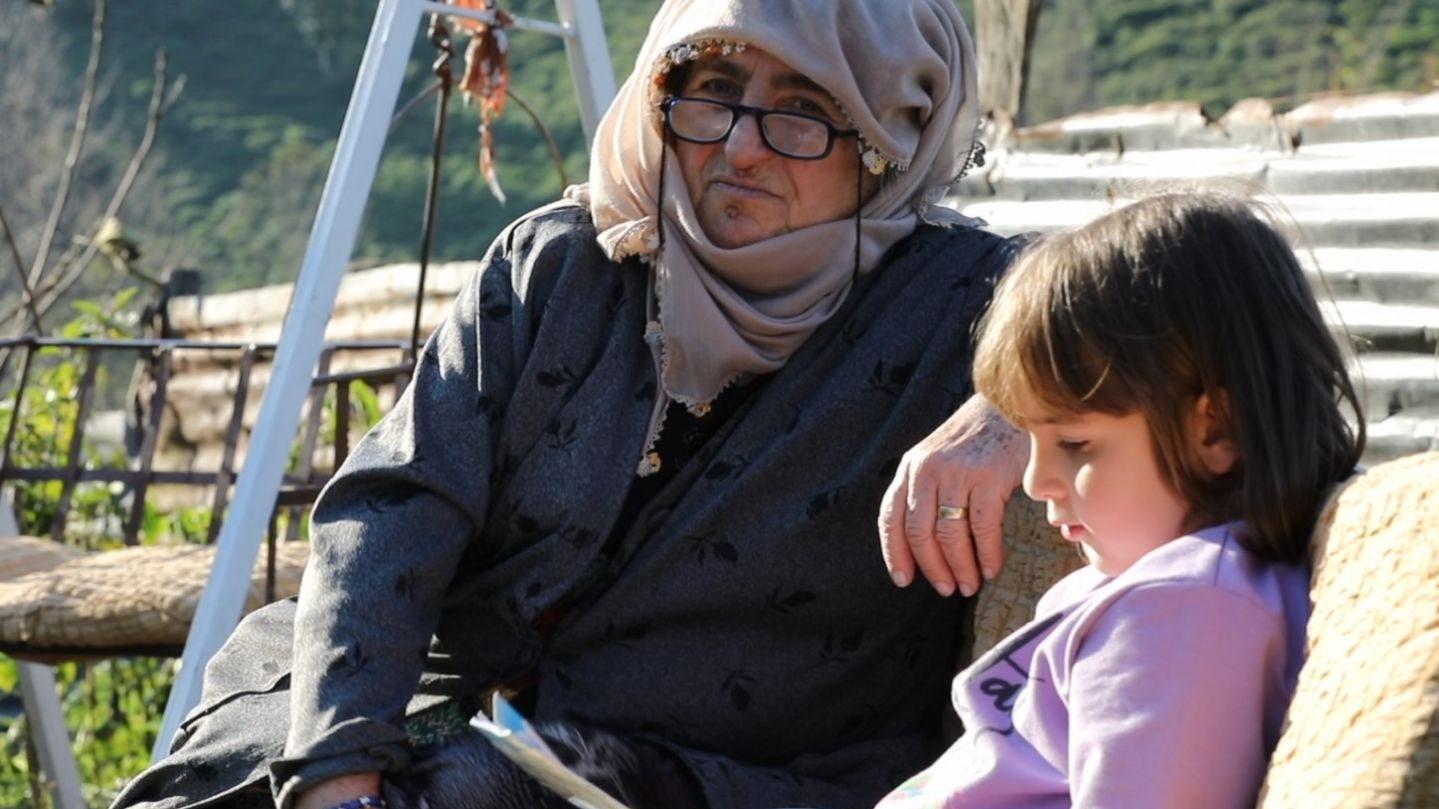After the signing of the Treaty of Lausanne, the process of eradicating non-Muslims from Anatolia continued with the 1923 population exchange agreement, whereby Türkiye and Greece ‘exchanged’, i.e. expelled their respective Rum and Turkish minorities, with only a few exceptions. In 1964, having failed to resolve the Cyprus conflict as it had wished, the Turkish government deported tens of thousands of Rums of Istanbul who carried Greek passports, including those married to Turkish citizens, confiscating their properties and assets.
The de facto ban against the Rum Orthodox Patriarchate against using its 14-centuries old ‘ecumenical’ title was turned into law through the decision of the High Court of Appeals on 26 June 2007. In a case concerning the dismissal of a priest, the court held that the Patriarchate’s claim to the ecumenical title has no legal basis. The ruling is not only ultra vires, since the court ruled on a religious question which exceeds its mandate, but is also against the letter and spirit of Lausanne, the Constitution and the European Convention on Human Rights.
While the Treaty of Lausanne protects the property rights of non-Muslim minorities, the Directorate General of Foundations (Vakıflar Genel Müdürlugü, VGM) has exercised an unchecked and arbitrary authority over these institutions. This has resulted in the confiscation of churches and their properties and the Rum Orthodox community has suffered acutely from the inadequate lack of restitution following confiscation of its property. The VGM is also able to overtake management of those minority foundations, which it considers have non-functioning boards of directors. But the lack of functioning boards has often been caused by the state – for example, the Istanbul governorship did not allow the Rum Orthodox community to hold board elections after 1991. As a result, the boards of many foundations in Gökçeada and Bozcaada became non-operational and the VGM overtook management of these foundations.
However, a 2005 ruling by the Council of State overturning a 1997 VGM decision to take over the management of the Büyükada Rum Girls’ and Boys’ Orphanage Foundation was a welcome judicial intervention. The court held that the authority of the VGM to assume the management of non-functioning foundations did not extend to those belonging to non-Muslim minorities. The VGM appealed against the decision and continued for some years to retain the management of the orphanage before the title finally came under the control of the Patriarchate.


